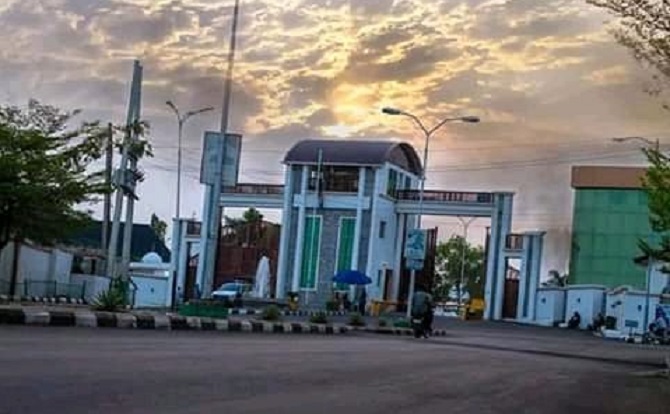As anticipation builds for the impending Kogi gubernatorial elections, a confluence of factors has emerged that threatens to cast a shadow over the credibility of the democratic process. The intertwining themes of fallacy, sycophancy, ethical bigotry, INEC preparedness, and political violence are poised to shape the course of these crucial elections. In this article, we navigate the intricate terrain of these challenges and their potential impact on the electoral landscape.
Fallacy: Distorting Reality in the Digital Age
In an era dominated by information dissemination through digital platforms, the propagation of fallacies presents a formidable obstacle. False narratives, misleading claims, and manipulative messaging have the capacity to distort reality and mislead voters. In the lead-up to the elections, the spread of fallacies could erode the informed decision-making process, demanding heightened vigilance from the electorate and responsible media outlets alike.
Sycophancy: Navigating Biased Narratives
Sycophancy, characterized by excessive praise and favor-seeking, introduces an element of bias into the election discourse. When media outlets and influencers lean towards certain candidates due to ulterior motives, the integrity of the information landscape is compromised. A diverse and robust democracy hinges on unbiased reporting and balanced coverage to empower voters with a full spectrum of perspectives.
Ethical Bigotry: Fragmenting the Societal Fabric
Ethical bigotry, driven by prejudiced beliefs, has the potential to fracture the societal fabric. When candidates or their supporters engage in divisive rhetoric based on ethical or moral lines, unity suffers. Fostering an environment of inclusivity, where differing viewpoints are respected, is imperative to mitigate the corrosive effects of ethical bigotry and promote a more harmonious democratic process.
INEC Preparedness: Pillar of Credible Elections
The preparedness of the Independent National Electoral Commission (INEC) stands as a linchpin for the credibility of the Kogi Gubernatorial elections. A robust and well-executed electoral infrastructure, coupled with transparent processes, bolsters the faith of citizens in the system. Timely distribution of materials, efficient voter registration, and a reliable vote-counting mechanism collectively contribute to a sense of trust in the democratic process.
Political Violence Instilling Fear: A Threat to Participation
Perhaps the most overt challenge, political violence can cast a long shadow over the elections. Acts of violence, intimidation, or coercion can deter citizens from participating in the democratic process. A climate of fear can distort voter turnout, potentially leading to outcomes that do not accurately reflect the collective will. Ensuring the safety of all stakeholders, including voters, candidates, and election personnel, is paramount to curbing the influence of political violence.
Forging a Path Forward: Nurturing Democracy
As the people of Kogi prepare to make their voices heard through the ballot box, collective action is paramount. Political candidates, media organizations, civil society entities, INEC, and citizens must collaborate to ensure the integrity of the elections. A commitment to fact-based discourse, unbiased reporting, inclusive dialogue, and a safe electoral environment can pave the way for credible outcomes that reflect the true aspirations of the electorate.
In conclusion, the fusion of fallacy, sycophancy, ethical bigotry, INEC preparedness, and political violence creates a complex landscape for the forthcoming Kogi Gubernatorial elections. Negotiating these challenges demands a concerted effort to uphold democratic principles and promote a fair and transparent electoral process. Only through collective action can Kogi’s democratic journey shine as a beacon of integrity and inclusivity.
– Emmanuel Chinedu Mbazu
Email: mbazuemmanuel@gmail.com




